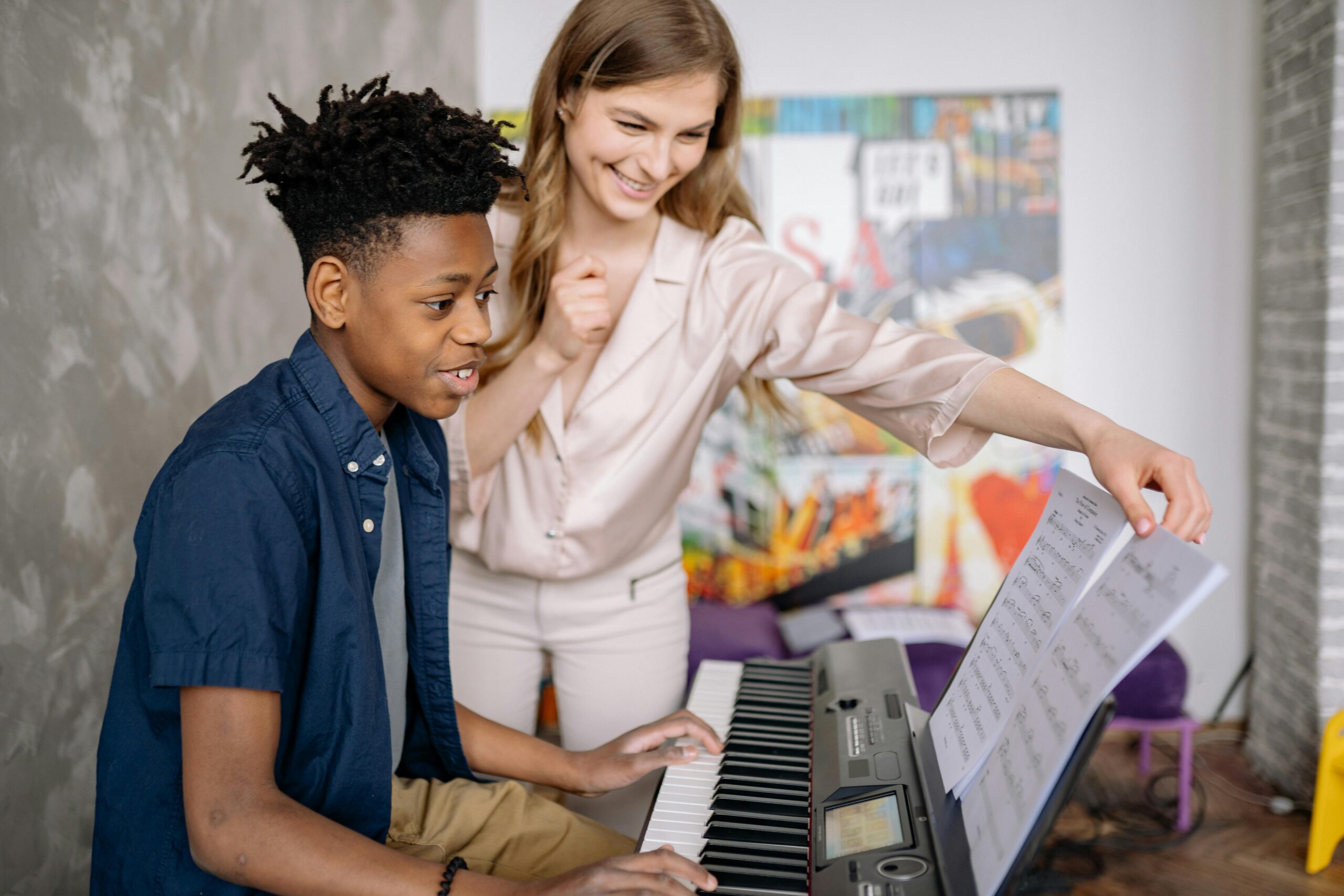
Advice to Teachers and Parents When Guiding Teens on Instagram
By: Tim Elmore
Anyone who cares about young people should see the data just revealed on Instagram and its parent company Facebook. Millions of teenagers, mostly girls, have spiraled into symptoms of depression and despair after spending time on these platforms. The data seems to indicate the connection between depression and Instagram is not just a coincidence. One teen, Anastasia Vlasova, developed an eating disorder and visited a therapist who instantly knew what caused it–her time on Instagram. Anastasia, who’s spent about three hours a day on the platform since she was 13 explained, “When I went on Instagram, all I saw were images of chiseled bodies, perfect abs, and women doing 100 burpees in 10 minutes.”
Sadly, she’s not alone. This has become a norm.

Nearly one in three teen girls said that when they felt bad about their bodies, Instagram made them feel worse, according to an internal report at Facebook. The Wall Street Journal revealed, “For the past three years, Facebook has been conducting studies into how its photo-sharing app affects its millions of young users. Repeatedly, the company’s researchers found that Instagram is harmful for a sizable percentage of them.”
This reality gets worse. The Wall Street Journal also revealed how Facebook employees flagged drug cartels and human traffickers—but the company’s response was slow and at times non-existent. How could this be? It’s simple. Facebook is a revenue-generating company that has proven to be more about profit than people. Their own report says:
- Our platforms have proven to be harmful to millions of young users.
- Teens blame Instagram for increases in their rates of anxiety and depression.
- The link between suicidal thoughts and our platforms is real in the U.K. and U.S.
We Must Know What Teens Are Experiencing
Even though the creators of these platforms didn’t know exactly what was going to happen to users, the results are clear for three of the top apps today. While these are not exclusive outcomes, here are the findings:
- Instagram—the downside is social comparison; focuses heavily on body and lifestyle.
- Snapchat—keeps the focus on the face; downside is softened by humorous posts.
- TikTok—often focuses on performance; the downside is an absurd amount of videos.
Congress has now gotten into the act. In a recent hearing, a committee compared Instagram to tobacco, calling it the newest form of “cigarette smoking” for teens. It’s addictive and harmful even though kids may not think so at the time. Researchers inside Instagram were studying this experience and asking if it’s part of a broader phenomenon. Their findings confirmed some serious problems. One former Facebook employee acknowledged there were conflicts of interest between Facebook leaders and public trust. “The leaders chose revenue over public health.”
So, what can we do to lead our young into something better?
Working Backwards from the Problem
I propose we begin with the problem and work backward. Below are four realities that may require you and your teens to make a radical shift from current social media habits.
- Since it is addictive, equip students to control their time on social media.
Users must manage their time. A meta-analysis of the data surrounding social media reveals teens should practice a two-hour time limit. Users who spend under two hours are less vulnerable to anxiety and depression. Those who use it over two hours are measurably more vulnerable. At home, I suggest no phones after 9 p.m. Evenings should be face-to-face time. In class, have a “no phone zone,” even if you encourage students to use them at other times. I have a friend who found a way to discipline his daughters if they violated guidelines. He bought a family phone they use in place of their personal portable devices for a week. It enables them to communicate when necessary but has no social media options. This can work if teens violate the rules at home or in class.
- Since it is harmful, teach them to do something redemptive on social media.
Users must control their tongues and avoid the posts of certain people. Right now, social media is both a blessing and a curse. Great connections and charitable giving happen, and then hurtful and damaging words happen as well. Far too often. In addition to the research above, Facebook also found young women have been diagnosed with eating disorders, anxiety, depression, or had suicidal ideations—all linked to their usage of Instagram. As far as I’m concerned, it’s not worth it. It’s time to turn the tide. Why not sit down with your teens and identify the great things happening on social platforms and then choose your own. This habit can drown out the negative and expose them to positive peer pressure.
- Since it is shaming, teach them how to stop comparing themselves to others.
Users must tame their appetites. The top emotions teens feel, according to some school counselors, are anxiety, inferiority, and shame. Shame is rarely a healthy motivator. The recent Facebook presentation confessed: “We make body image issues worse for one in three teen girls.” If this is true, why not build a sense of agency in teens, especially females. They don’t have to get on social media sites and view other girls and compare themselves to others. The best way to reduce this shameful feeling is to not see it in the first place. The second-best way is to learn to stop comparing others’ best features to their worst ones. The key is to identify strengths (in their looks, talents, or qualities) and play to those strengths.
- Since it’s practicing questionable ethics, why not boycott Facebook/Instagram.
Users must choose to master technology instead of letting it master them. I realize a boycott seems harsh. Here’s why I say it. Mark Zuckerberg said he cares about the health of users and of his community, but he isn’t willing to give up algorithms to lose people. He says Facebook made moves to increase “meaningful social interactions” (MSI); but Jonah Peretti, CEO of Buzzfeed, acknowledged to them, “MSI ranking isn’t actually rewarding content that drives meaningful social interactions.” I suggest that you, your family, or your class consider getting off of Facebook or Instagram altogether until they show that ethics are more important than revenue generation.
According to a new study from The Associated Press and NORC at the University of Chicago, 58 percent of American teens have taken a break from at least one social media platform. Those who voluntarily leave social media feel more positive about their time away. It’s no coincidence. Let’s guide this next generation into healthy habits and attitudes.







